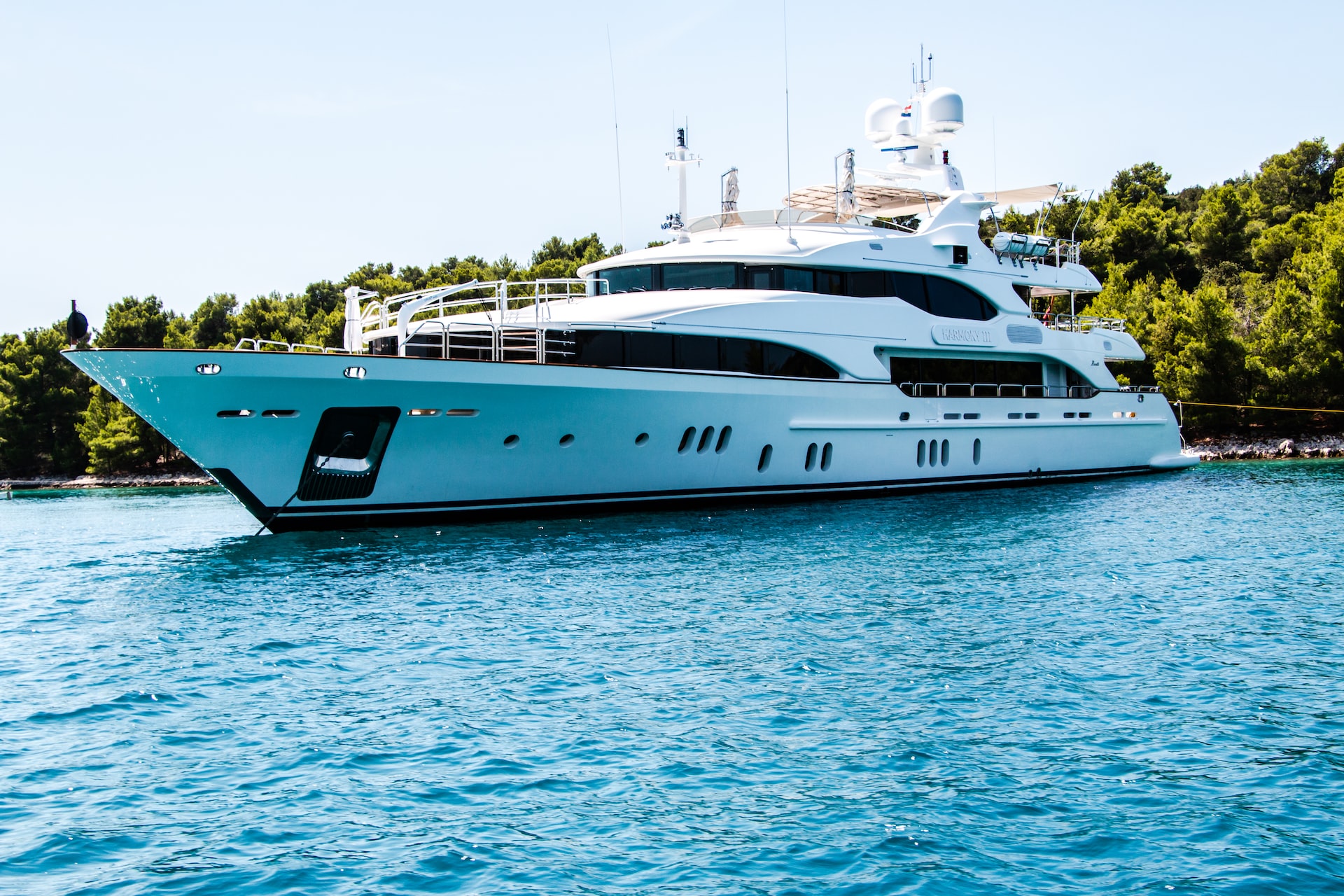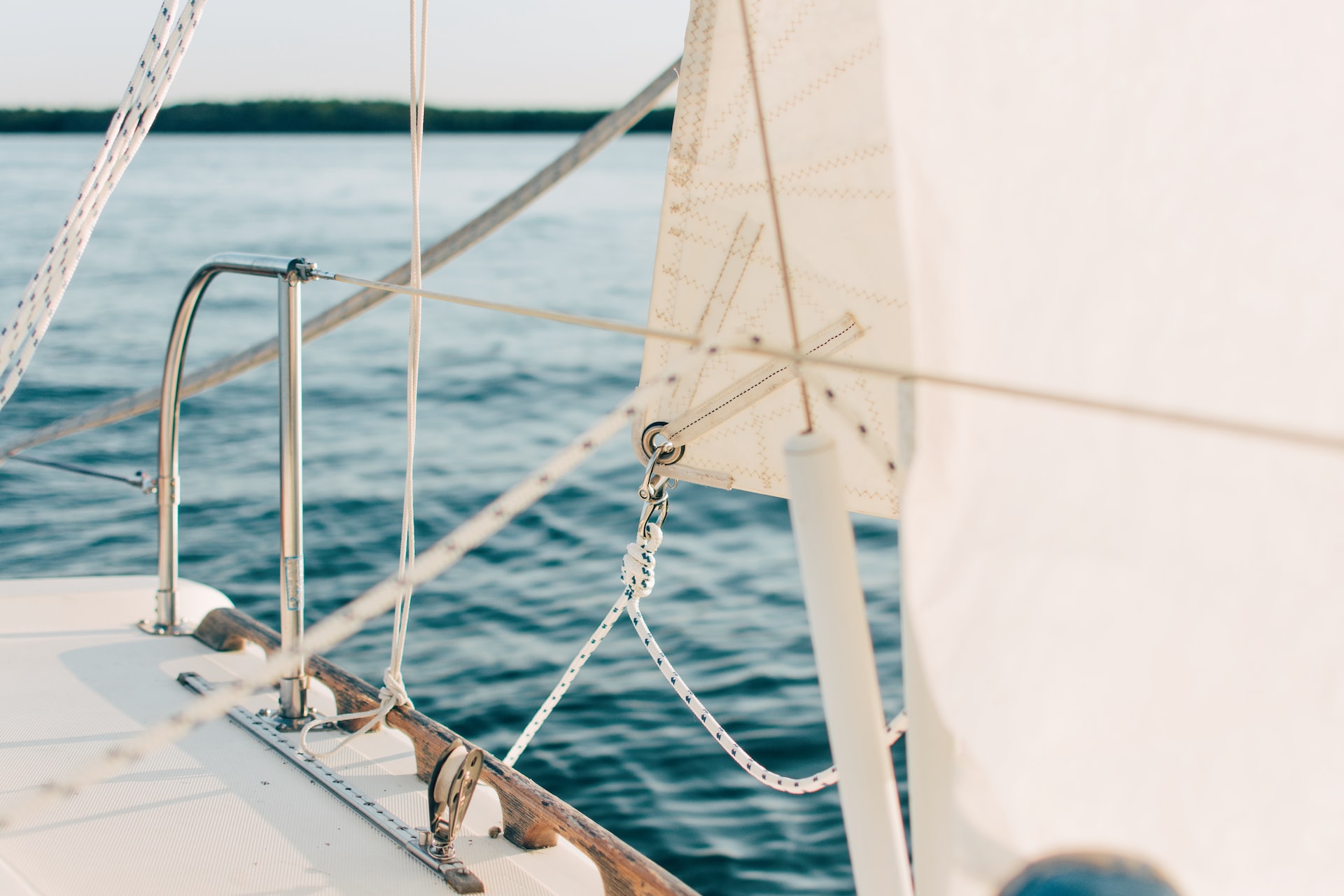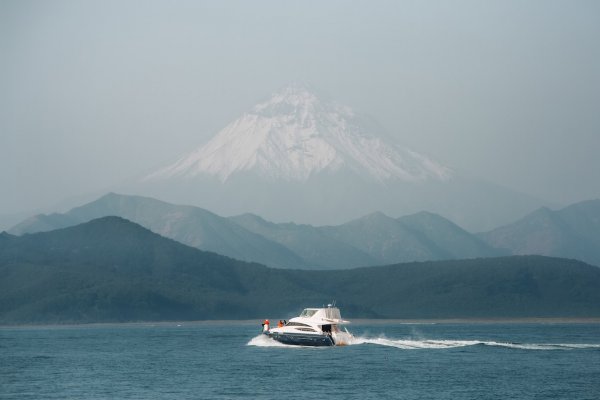If you love the open water and want to travel to different parts of the world, you'll need to choose a boat that can get you there. But with so many different types of boats out there, how do you know which one is right for you? This post will discuss the main factors to consider before buying a ship and what you need to look for in a boat for the open seas.

As is usually the case with anything, you should start at the beginning and end at the end! In this case, the beginning involves finding the capital to fund the perfect vessel. Fortunately, you have plenty of loan brokerage services to choose from regarding boat loans. These options are usually better than a standard bank loan as they are offered by companies specializing in everything boating. They can provide you with advice on which vessels are most suitable for your circumstances and even suggest additional options you might find helpful.
Once you have acquired funding, you can begin your search for the ideal boat. However, what exactly is the "ideal boat," and what factors should you consider if you want a vessel that you can live in for months or years at a time?
There are many factors to consider when choosing between a motor or sailboat, the most important of which is the type of boating you plan to do. A motorboat is more expensive and requires more maintenance than a sailboat, but it is easier to use and is far less involved than a sailboat (set the autopilot, and away you go). However, a sailboat has less engine noise, can be more environmentally friendly, and has lower maintenance costs. Moreover, just like a nuclear submarine, you are only limited by your supply of food or if maintenance is required.
Although you don't need an enormous boat to travel around, a larger one is arguably more comfortable and will enable you to cover more distance. If you are on a budget, traveling alone, or with one companion, vessels in the 24 to 26-foot range should suffice. However, if you plan long-term travel with numerous passengers, you might need to consider something more significant.

If you are traveling alone, this won't be an issue. However, if you plan to travel with family and friends, you should have plenty of berths available. Moreover, you will need to determine how many heads you need and what facilities you require (i.e., whether a wet room is acceptable or not). While some boats have areas able to transform into bedding, this only works well when you have temporary guests. For example, turning a bed into a kitchen table and vice versa every day for months will get tiresome.
Long voyages require plenty of storage for food and other supplies. While most modern boats come with an abundance of nooks and crannies to stow things away, ensure they are helpful. Moreover, if you travel for any length of time, you and your passengers will need enough cupboard space (preferably hanging lockers) to make your journey comfortable and pleasant.
A good galley is essential on a boat. It is the place where you or your crew prepare food, drinks, and snacks for the passengers. The galley should be well-equipped with all necessary items, such as cookware, utensils, and cutlery, making cooking easy and efficient. It is also a good idea to plan out the layout of the kitchen before it is installed on board so that everyone will have easy access to it. Furthermore, a good galley will have enough space for dry goods and plenty of refrigeration and freezing space for perishables.
You should pay attention to onboard entertainment when taking long, oceanic journeys. Many people tend to have the romanticized view that they will spend the entire trip looking out to sea, philosophizing about the meaning of life and other lofty subjects. However, as anyone who has spent enough time at sea will attest, that can get pretty dull pretty fast! Therefore, you should have enough entertainment abroad to keep you occupied in between your bouts of deep contemplation. This can include satellite TV, game consoles, and enough books to make your eyes sore!
Long-distance travel isn't for the faint-hearted, and even the most experienced sailors rely on electronic systems to make the trip more enjoyable. Some options you should consider adding to your vessel include the following:
- Seakeeper
- Autopilot
- Freshwater makers
- VHF radio (not an option, but a necessity)
- Chartplotter
- Boat monitoring system
System redundancies are vital for the safety of long-distance boats as they will allow you to continue your journey even if one or more systems fail. The most common system redundancy on a vessel is diesel generators, which provide power in case the engines stop working. Many other types of redundancies can be used, such as two different steering mechanisms, different engines, and different generators. Moreover, some ships will even come with an additional engine attached to a separate prop in case the main one is damaged (found on some Nordhavn vessels).
Open-water sailing is always an adventure, and boating is an exciting, exciting experience in general. However, studying all the available boating options is crucial before you commit to one. Hopefully, this post has given you some idea of things to look for before purchasing the perfect vessel for your around-the-world trip!





